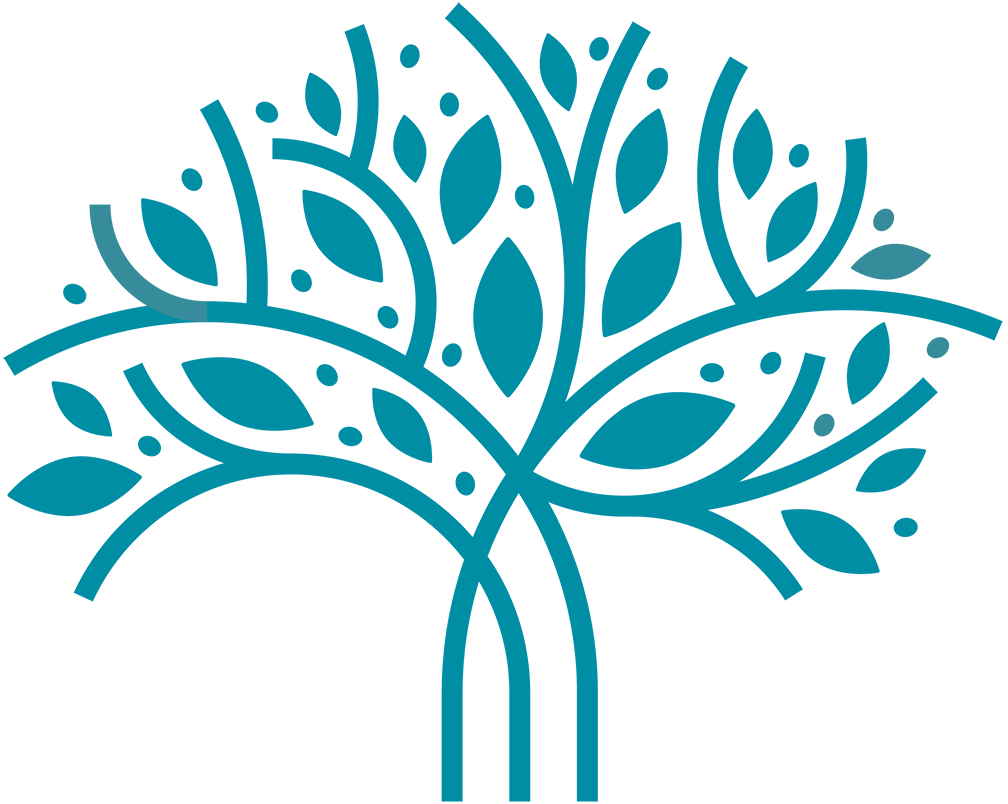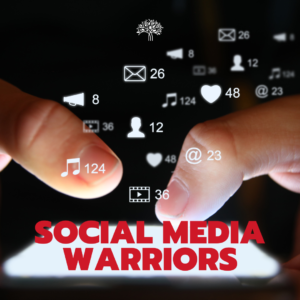The number of social media platforms has increased, making the world more connected than ever. These platforms allow us to express our ideas and thoughts and keep up with the latest events. However, they are a double-edged sword for Palestinians. This is how Instagram and other social media platforms are restricting Palestinian’s freedom of speech.
Silencing Palestinian voices
Social media platforms are being used to silence Palestinian voices as the Israeli government continues to impose restrictions on their freedom of speech.
“Your story goes against our community guidelines”; “Your account may be deleted”; “Sensitive content”; “Your account may be temporarily suspended due to multiple violations of our community guidelines”. Thousands of accounts have been receiving these phrases repeatedly from Instagram’s censorship whenever something related to Palestine’s being posted. Thus Instagram’s censoring policies, which affect thousands of users, are increasingly coming under criticism, being allegedly biased and selective to the injustice Palestinians are facing.
During the most recent Israeli attack on occupied Gaza, Palestinian activists asserted, major social media companies engaged in digital censorship. Human Rights Watch has previously criticized social media behemoths like Facebook, which also owns Instagram, for wrongfully “suppressing” content which condemns human rights violation in Palestine uploaded by Palestinians and their supporters. This has had a devastating impact on Palestinians, who have been silenced and prevented from sharing their stories.
Censoring the narratives of the occupied people through such anti-Palestinians policies is contributing to silencing, stereotyping, and denying them of their right to freedom of expression. In its efforts to control the internet narrative, the Israeli government, particularly, has been extremely active and adept at convincing social media companies to remove Palestinian content.
Shadow banning
Shadow banning is the practice of having your exposure on a particular social media platform restricted so that only you and your direct followers can see your posts. A lot of important Palestinian activists and significant figures who are actively speaking out against the violations have reported a decline in engagement and audience reach whenever they post about Palestine.
Because being Palestinian entails having your identity erased and marked as “hate speech” every day.
For example New Press, a Jerusalem-based news outlet, said its English-language Twitter account was briefly suspended. “Twitter is fighting Palestinian content which exposes the crime of displacing Palestinians from Sheikh Jarrah neighborhood, in Jerusalem” the outlet said on an alternative Twitter account before its main account was restored. However, pro-Palestinian groups have long criticized the platform’s censorship and restrictions.
Mohamed el-Kurd, a well-known activist, claimed that his Instagram Stories got less views and less engagement during the violence that erupted between Israel and Palestine in May last year.
Moreover, Facebook and Twitter were accused by the Arab Centre for the Advancement of Social Media, 7amleh, of “systematically silencing users” who were protesting the Israeli evictions in Sheikh Jarrah.
Even Bella Hadid
Model Bella Hadid’s post celebrating her Palestinian background was recently deleted from her account on Instagram. Hadid wrote: “My Instagram has disabled me from posting on my story pretty much only when it is Palestine based I’m going to assume”. And then: “When I post about Palestine I get immediately shadow banned and almost 1 million less of you see my stories and posts”.
On her Instagram Story, Bella posted a screenshot of the notification she got from Instagram, which listed several violations of the community rules, including bullying and harassment. But why is anything related to Palestine considered offensive? “Are we not allowed to be Palestinian on Instagram? This, to me, is bullying. You can’t erase history by silencing people. It doesn’t work like that”.
The right to free speech
Palestinians believe that the denial of some functionalities to the accounts of the largest publishers of content about Palestine constitutes a flagrant infringement of their right to free speech. Examples include being unable to welcome guests on live streams or having their live streams abruptly end with the “save live” feature disabled, causing all footage of the attacks to vanish.
Therefore, digital rights organizations are requesting more openness into the social network’s decision-making. And particularly in the numerous instances where the information was removed without a solid justification or warning.
We must raise our voices in response to the mistreatment and censorship of Palestinians, and encourage social media firms to take appropriate action. Together, we can make sure Palestinian voices are heard and their right to free speech is protected.
Majd Salfity




